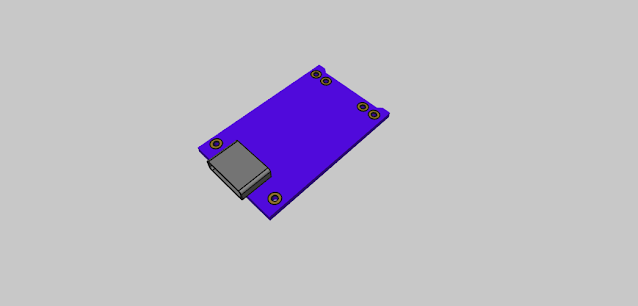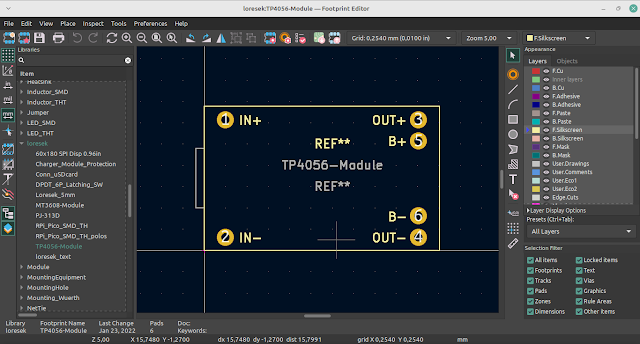Enhance Your Embedded Systems with AT65C02: A Free and Open-Source VHDL Implementation of 65C02 Microprocessor!
The AT65C02 is a free and open-source VHDL implementation of the 65C02 microprocessor, which was originally released in 1981 as an enhancement to the 6502. The 65C02 is widely used in embedded systems due to its low cost, small size, and low power consumption.
The AT65C02 implementation offers several advantages over other 65C02 implementations, including a more compact code size, better performance, and increased reconfigurability. Additionally, the AT65C02 supports a wide range of peripherals, making it an ideal choice for many different types of embedded systems.
To use the AT65C02, you will need to have a basic understanding of VHDL and digital logic design. The project includes a complete set of VHDL files, along with a simulation environment that you can use to test your designs before implementing them in hardware.
One of the main benefits of using the AT65C02 is its configurability. The implementation includes several different configuration options, allowing you to customize the processor to meet the specific requirements of your project. For example, you can choose between a 16-bit or 8-bit data bus, or configure the processor to use different clock frequencies or memory types.
The AT65C02 project is licensed under the LGPL, which means that you are free to use, modify, and distribute the code as long as you release your modifications under the same license. This makes it an excellent choice for hobbyists and professional developers alike.
Overall, the AT65C02 is a powerful and versatile microprocessor implementation that offers many advantages over other 65C02 implementations. Whether you're working on a small hobby project or a large-scale embedded system, the AT65C02 is worth considering.
Follow the the project below:
Embedded Systems with AT65C02











